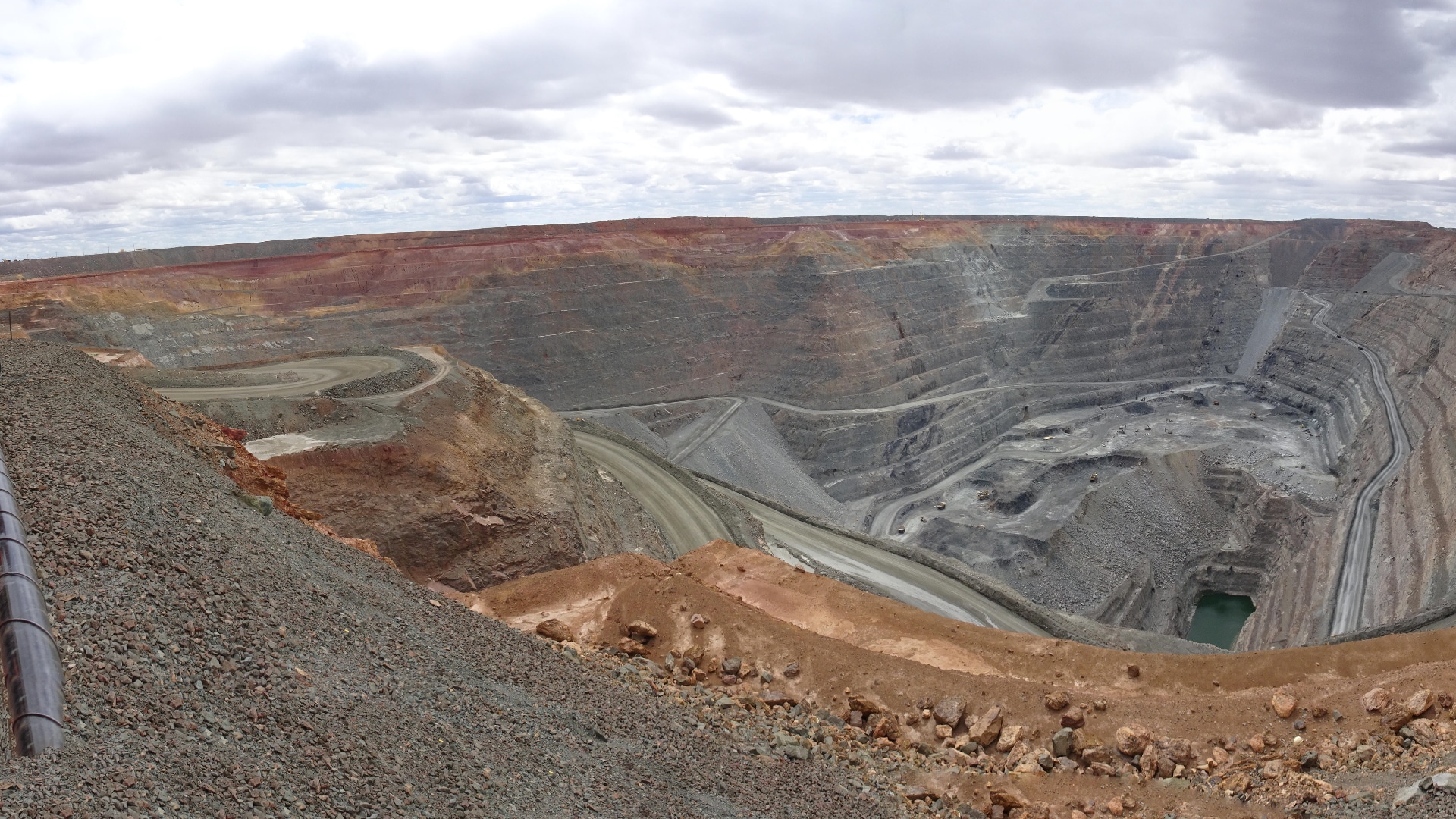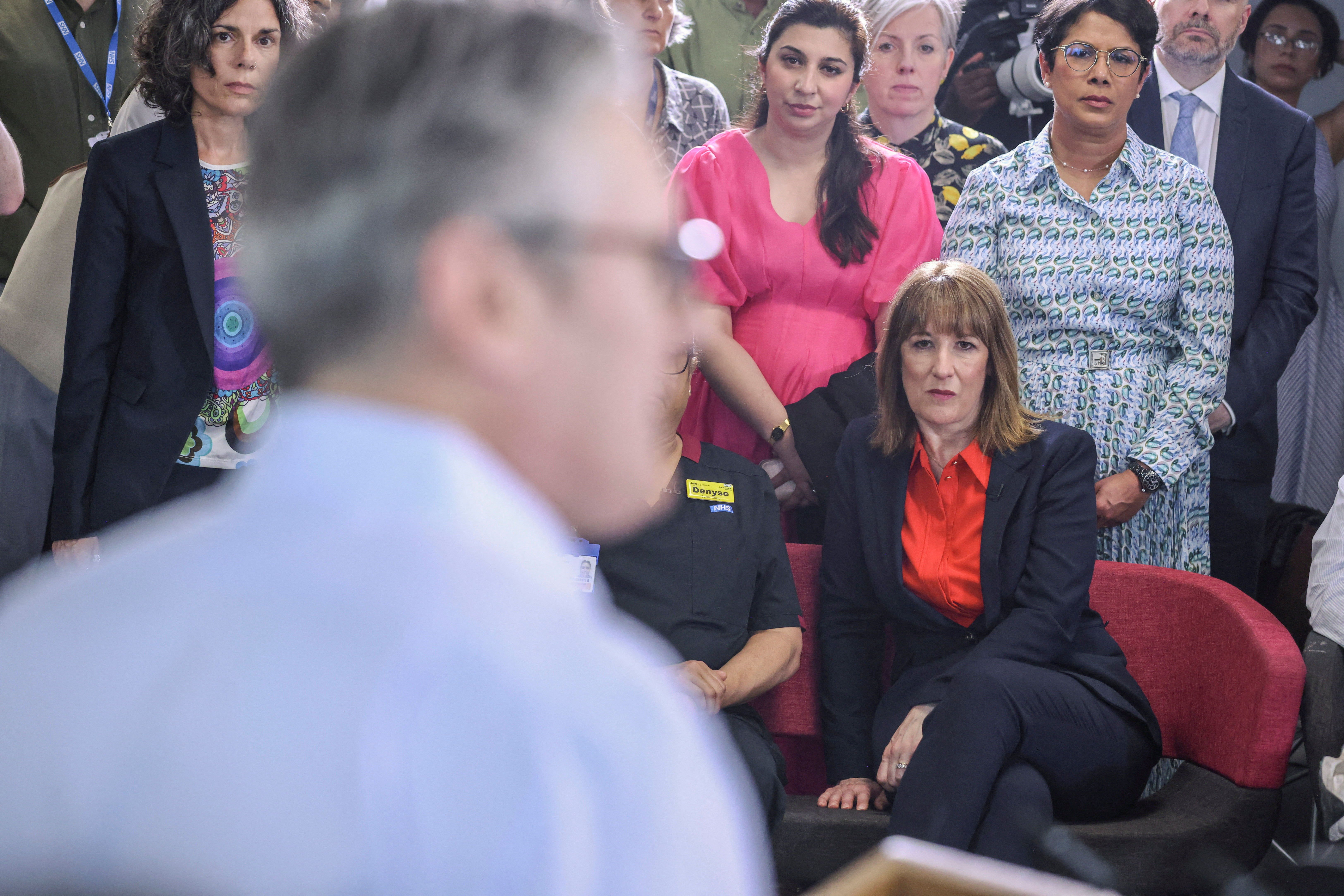Europe’s growing dependence on imported critical raw materials (CRMs) should be viewed as a major concern, according to recent comments by Mark Rachovides, chairman of Cyprus mining company Venus Minerals and president emeritus of international association Euromines.
Rachovides has argued that the European Union (EU) must address this issue urgently to secure the competitiveness and prosperity of its industries, particularly within the context of the European Green Deal and the European Critical Raw Materials Act (CRMA).
“Raw materials start all industrial value chains, and the EU itself was born from the European Coal and Steel Community,” he said.
“More recently, however, it has lost sight of this fundamental truth and has sleepwalked into ever-heavier import dependence for many CRMs,” he added.
Rachovides emphasised that the EU’s dependency on CRMs is concentrated in a small number of third countries. China supplies rare earth elements and magnesium, while the Democratic Republic of Congo provides cobalt and Turkey supplies boron.
Such heavy import reliance, he argued, leaves European industries vulnerable to supply disruptions and undermines their competitiveness.
The EU has previously experienced the consequences of overdependence, notably during the Ukraine war.
Rachovides asserted that the EU must not repeat past mistakes and acknowledges the need to support domestic upstream industries to ensure the stability and growth of downstream industries.
Additionally, he noted that as the world transitions towards renewable energy and digitalisation, the demand for CRMs continues to surge.
“While technology is lagging behind in innovation in terms of substitution, energy efficiency, and recycling, this will improve,” Rachovides said.
“It is hardly surprising then that the United States and other countries have deployed massive financial resources in support of policies to secure their own needs for CRMs,” he added.
In contrast, Rachovides explained, the EU has been slow to respond, putting its competitiveness and prosperity at risk.
“For the first time, European industry is becoming vocal, alarmed by the risk of long-term supply disruptions while Europe’s own extraction, processing, and recycling companies require huge investment to address that,” he said, stressing that “decades of political neglect must now be undone”.
“Questions of public acceptance have certainly delayed the development of too many projects, as there has not been sufficient political will to reshape public opinion,” he added.
What is more, Rachovides stressed that “levering our strengths in technology and innovation can help achieve that, but this must be part of a whole set of coherent policies”.
Moreover, Rachovides pointed out that upon recognising the urgency of addressing CRM dependencies, the EU introduced the European Green Deal as a comprehensive policy initiative to make Europe climate neutral.
As part of this deal, the European Critical Raw Materials Act (CRMA) was announced in September 2022 by European Commission President Ursula von der Leyen.
The CRMA aims to identify strategic projects along the entire supply chain, from extraction to recycling, and establish strategic reserves where supply risks are highest.
Furthermore, the act will prioritise CRMs based on economic importance, supply concentration, strategic applications, and forecasted supply gaps.
It will also designate materials crucial to Green Deal-related technologies and ensure funding from private and public resources for strategic projects.
Rachovides acknowledged that public acceptance has been a major obstacle in the development of many CRM projects. However, leveraging technology, innovation, and coherent policies can help reshape public opinion and address these challenges.
The EU Principles for Sustainable Raw Materials, developed by the Commission, EU countries, and stakeholders, aim to define best practices in the mining and processing of mineral raw materials, aligning with the UN Sustainable Development Goals (SDGs).
“Raw material value chains, like geology, rarely conform to national boundaries,” Rachovides stated.
“Markets are often complex, and failures have demonstrated their potential for devastating effects on numerous occasions,” he added.
“Accordingly, the CRMA is perhaps the best example of why an EU-wide policy approach of collective action is essential in ensuring that Europe is not left behind in the global race to source, deploy, and benefit from CRMs,” the Venus Minerals chairman concluded.







Click here to change your cookie preferences